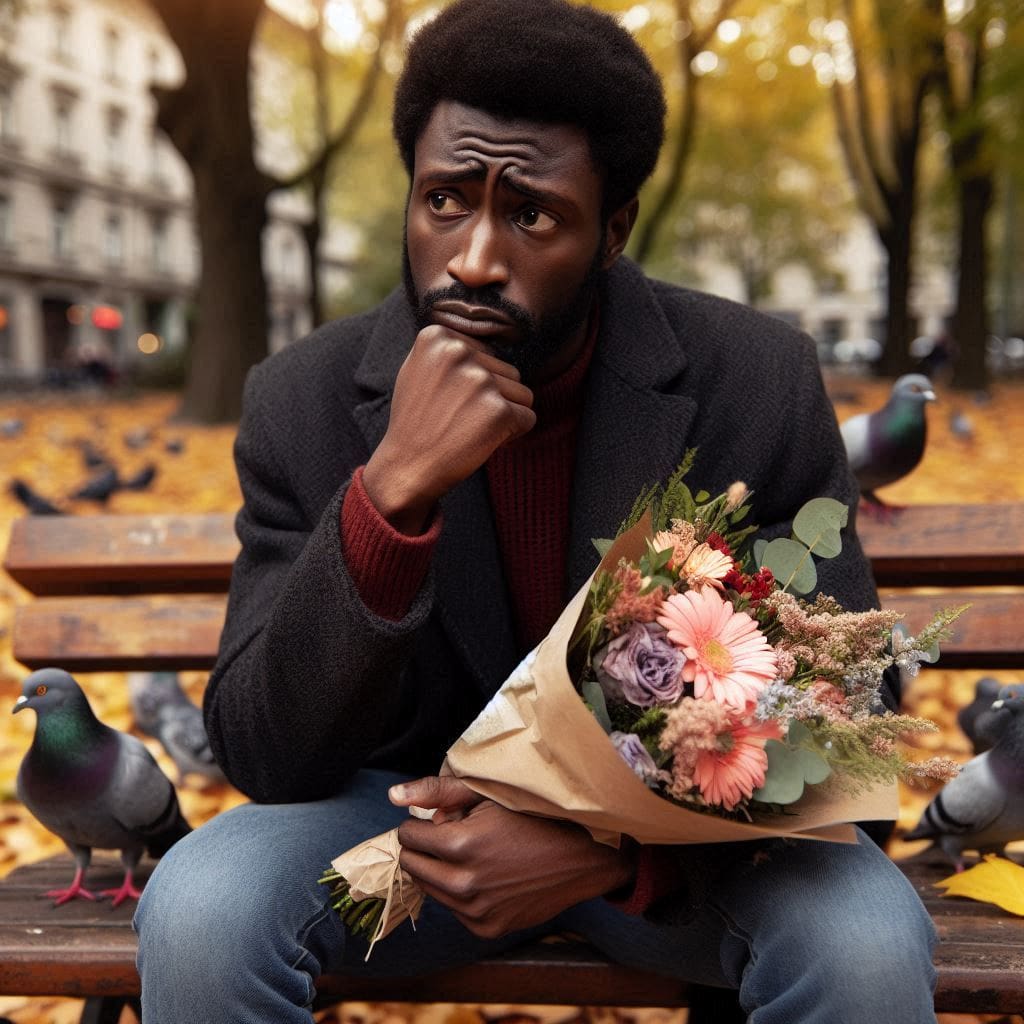
Love is a beautiful thing, but sometimes relationships can bring worries and unwanted stress. If you constantly feel on edge about your partner or the future of your relationship, you might be experiencing relationship anxiety.
Let’s explore what it is, how it affects you, and why money can be a big player in this anxiety.
Understanding Relationship Anxiety
Relationship anxiety is that feeling of worry, nervousness, or insecurity about your partner or your relationship’s future. It’s normal to have doubts sometimes, but when these feelings become overwhelming and disrupt your daily life, it might be a sign of something bigger.
Common Signs of Relationship Anxiety:
- Constant Need for Reassurance: You might find yourself constantly needing your partner to tell you they love you or that they’re committed to the relationship.
- Jealousy: You might feel jealous of anyone who spends time with your partner, even friends or family.
- Fear of Abandonment: You might worry excessively about your partner leaving you, even if there’s no real reason to believe they will.
- Controlling Behaviors: You might try to control your partner’s behavior or who they see to ease your anxiety.
- Difficulty Trusting Your Partner: You might have trouble trusting your partner, even if they’ve given you no reason not to.
Why Does Relationship Anxiety Happen?
There are many reasons why someone might experience relationship anxiety. Here are a few common ones:
- Past Relationship Issues: If you’ve been hurt in a past relationship, it can make you more likely to be anxious in a new one.
- Low Self-Esteem: If you don’t feel good about yourself, you might worry that your partner won’t either and will leave you.
- Attachment Style: Your attachment style, formed in childhood, can influence how you approach relationships. Anxious attachment styles can lead to more worry.
- Cultural Pressures: In Nigeria for example, there can be pressure to get married or have children by a certain age. This pressure can add to relationship anxiety.
Relationship Anxiety: More Than Just Baggage – Understanding the Bigger Triggers
Here are some additional triggers that might be fueling your relationship anxiety:

Social media can be a great way to connect with friends and family, but when it comes to relationships, it can also be a breeding ground for anxiety
- Social Media Frenzy: Constant exposure to seemingly perfect relationships on social media can distort reality and make your own relationship feel lacking, leading to anxiety.
- Communication Mishaps: Poor communication, like unclear expectations or unresolved arguments, can create confusion and insecurity, breeding anxiety.
- Fear of Commitment: The pressure to commit to a serious relationship, especially if you’ve never been in one before, can trigger anxiety for some people.
- Personality Clashes: Sometimes, fundamental personality differences that weren’t apparent at first can lead to friction and anxiety as the relationship progresses.
- Life Transitions: Big life changes like job loss, moving, or starting a family can create stress and uncertainty, impacting your relationship and causing anxiety.
Money Matters and Relationship Anxiety:

Money can be a huge stressor in any relationship. It can also damage your relationship by making it hard to connect with your partner in a healthy way.
Here’s how finances can play a big role in relationship anxiety:
- Financial Strain: Disagreements about spending, saving, or debt can create tension and worry.
- Financial Goals: If you and your partner have different financial goals (e.g., saving for a wedding vs. starting a business), it can cause friction.
- Disparity in Income: If one partner earns significantly more than the other, it can lead to feelings of insecurity or resentment.
The Impact of Relationship Anxiety on Wellbeing
Uncontrolled relationship anxiety can take a toll on your mental and emotional health, leading to:
- Sadness and depression
- Loneliness and isolation
- Difficulty concentrating and sleeping
- Strained relationships with your partner and others
Relationship Anxiety: Beyond the Blues – More Ways It Can Affect Your Life
Sure, we’ve talked about how relationship anxiety can make you feel down and lonely, but it can also affect your life in more surprising ways.
Here are additional ways by which relationship anxiety can impact your well-being in unexpected areas:
- Physical Health: When you’re constantly on edge, your body feels it too. Relationship anxiety can lead to headaches, stomachaches, muscle tension, and even changes in your appetite or sleep patterns.
- Decision-Making: Anxiety can cloud your judgment and make it difficult to think clearly. This can affect everything from small choices to big decisions, impacting your work, relationships, and overall well-being.
- Reduced Confidence: If you’re constantly worried about your relationship, it can chip away at your self-esteem. This lack of confidence can spill over into other areas of your life, making you feel doubtful of your abilities.
- Missed Opportunities: Anxiety can make you hesitant to put yourself out there, both in your relationship and in life in general. You might avoid social events, shy away from trying new things, or hold back from expressing yourself for fear of rejection or judgment – by your partner or others.
Taking Control of Relationship Anxiety
If you’re struggling with relationship anxiety, there are things you can do to feel better. Here are a few tips
- Open Communication: Talk honestly and calmly with your partner about your feelings and anxieties.
- Self-Care is Key: Make time for activities that help you relax and feel good about yourself.
- Consider Therapy: A therapist can help you understand the root of your anxiety and develop healthy coping mechanisms.
- Focus on the Positive: Make a conscious effort to appreciate the good things about your relationship and celebrate your financial wins together (big or small).
Many couples experience relationship anxiety, especially when finances are involved. There’s help available, talk to a trusted friend, family member, therapist, or mental health professional.
Additionally:
- Financial Planning Together: Sit down with your partner and create a budget or financial plan that works for both of you.
- Open Communication About Finances: Be honest and transparent with each other about your financial situation, income, and spending habits.
- Seek Professional Help (If Needed): Financial advisors or couples counselors specializing in financial issues can provide valuable guidance.
By addressing both relationship anxieties and financial concerns, you and your partner can build a stronger, more secure bond.
Conclusion
Relationship anxiety is a common issue that affects overall well-being. It includes fears and insecurities about the stability of a relationship, leading to stress, lower life satisfaction, and health problems.
Financial stress is a major factor in this anxiety. Issues like debt, job instability, and different spending habits can increase worry and strain in relationships. This financial pressure can cause conflicts and deepen anxiety, affecting the emotional bond between partners.
To address relationship anxiety, couples should communicate openly, support each other, and manage their finances together. Discussing financial goals, seeking advice, and planning together can help reduce anxiety and strengthen the relationship.
By facing both emotional and financial challenges as a team, couples can improve their well-being and relationship satisfaction.



